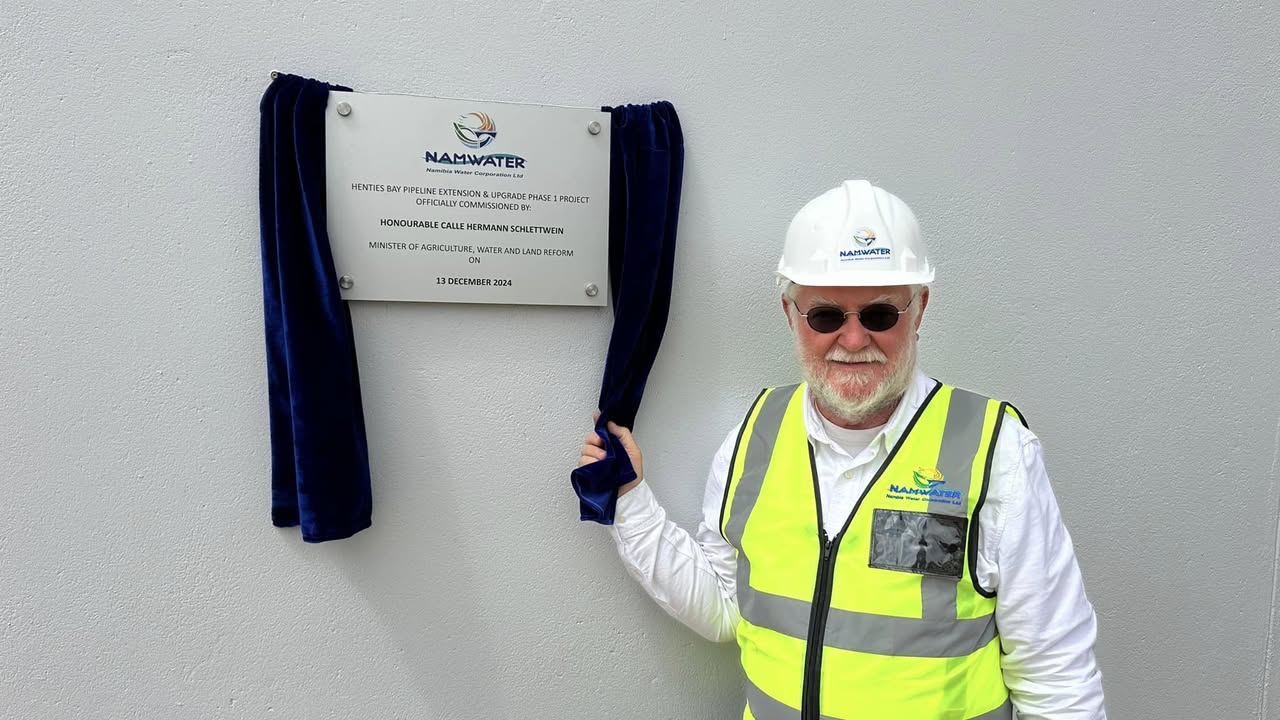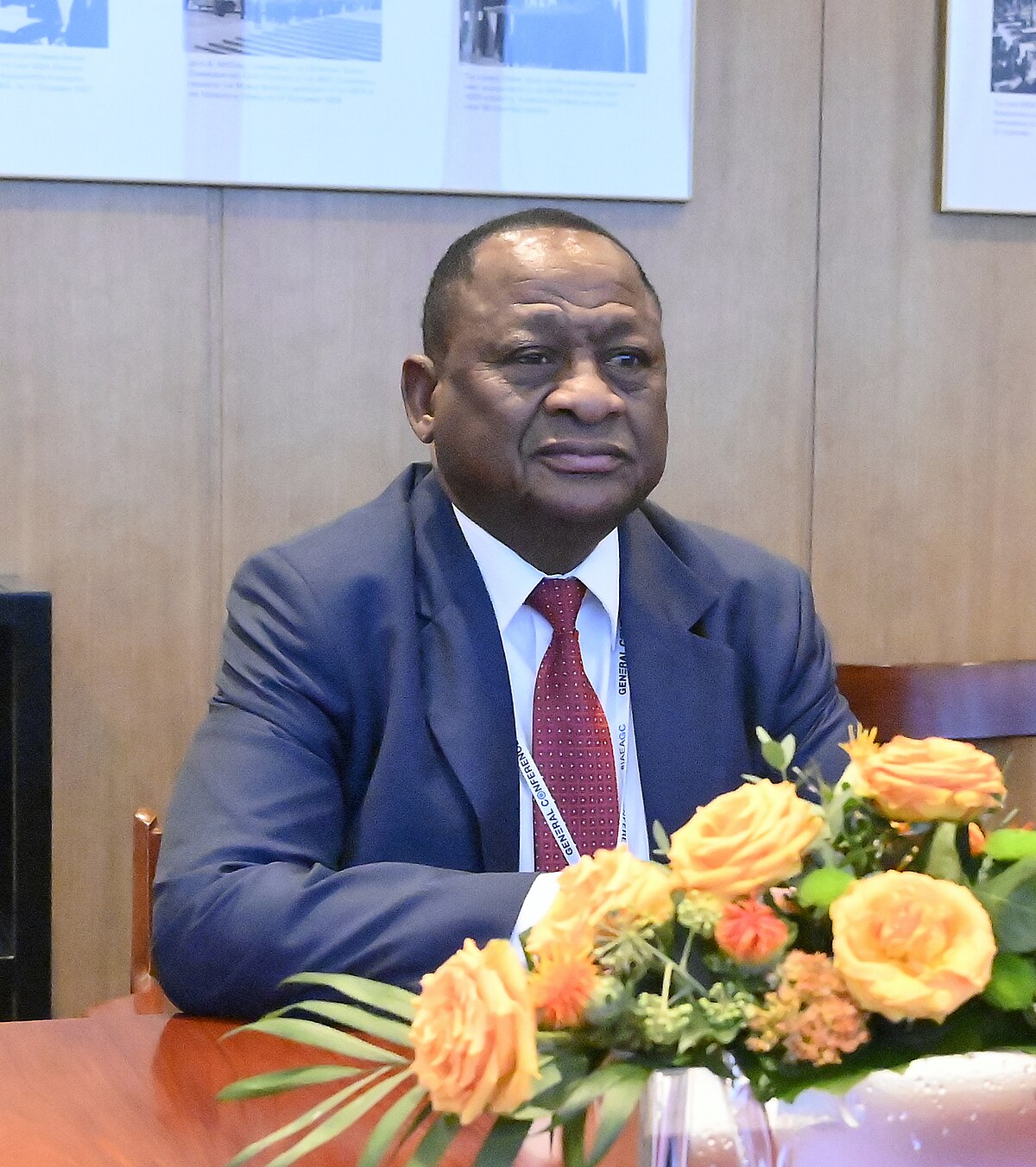FOR any team to take part in an organised league it is important that the league administration structure is in place.
The league administration and management structures should be clearly defined by the following two basics: A constitution: this should stipulate what the league is all about who are the members and what are the criteria that one needs to meet to be a member. For this criteria to be endorsed the league needs to have a structure that clearly differentiates between the policy makers and the management.The policy structure should ensure compliance while the management should be a functional office with paid staff, who should be employees without allegiance to specific members.But this does not mean that if a person is competent and declares their interest they should not be allowed to serve in an administrative position sd long as they distance themselves to decision that concern members who they have an interest.Functional office: for any administrative activities to take place it is important that office space is available for the administrative staff to operate from.This should be a building with a fixed address, that members can visit, deliver and collect documents.At the same time the office space should have the basic communication facilities, such as telephone, computer and facsimile machine.Good management and governance of sports organisations are a key element that will enable football organisations to develop and prosper in a very competitive and challenging environment.It is important to improve the organisational effectiveness of football organisations through the practice of good management and governance.Football administration and management is a process that involves individuals and groups working to achieve the organisational goals.The administration and management at both the club and league administration should ensure that there are clear rules on the various subjects that affect a club or the league structure.It is important to ensure that all people involved in the game have a clear understanding that, as event organisers, clubs administrators or volunteers know, what is allowed and what is not and the mechanism for addressing such.This can only be achieved if documents are produced and distributed to all stakeholders.Administrators at league level and at club level should ensure that appropriate measures are in place if these are publicised and distributed at the beginning of the season, but also when any changes take place within this documents.These will ensure that who ever is responsible will be taking appropriate measures to ensure protection of both sporting integrity and investment in football It is important to recognise that unless administrators are educated by the league or the association, a situation will always arise that there is no clear process, to have clarity, consistency and swiftness in decision-making, ideally before the any competition.It is therefore important that the league and the members have statutes and rules.These will ensure that the league and the clubs are governed properly, that they are recognised as a legal entity under the law as well as complying with the requirement of the football family which should be in line with Fifa standards and guidelines.And always remember that continuous communication with all stakeholders is the key to a positive image of the game of football.* Mathew T. Haikali is a FUTURO III Regional instructor in Administration and Management in Football, a former chairperson of the Khomas Second Division League and currently the Club Secretary of Arcadia Football Club in the Khomas Second Division.For this criteria to be endorsed the league needs to have a structure that clearly differentiates between the policy makers and the management.The policy structure should ensure compliance while the management should be a functional office with paid staff, who should be employees without allegiance to specific members.But this does not mean that if a person is competent and declares their interest they should not be allowed to serve in an administrative position sd long as they distance themselves to decision that concern members who they have an interest.Functional office: for any administrative activities to take place it is important that office space is available for the administrative staff to operate from.This should be a building with a fixed address, that members can visit, deliver and collect documents.At the same time the office space should have the basic communication facilities, such as telephone, computer and facsimile machine.Good management and governance of sports organisations are a key element that will enable football organisations to develop and prosper in a very competitive and challenging environment.It is important to improve the organisational effectiveness of football organisations through the practice of good management and governance.Football administration and management is a process that involves individuals and groups working to achieve the organisational goals.The administration and management at both the club and league administration should ensure that there are clear rules on the various subjects that affect a club or the league structure.It is important to ensure that all people involved in the game have a clear understanding that, as event organisers, clubs administrators or volunteers know, what is allowed and what is not and the mechanism for addressing such.This can only be achieved if documents are produced and distributed to all stakeholders.Administrators at league level and at club level should ensure that appropriate measures are in place if these are publicised and distributed at the beginning of the season, but also when any changes take place within this documents.These will ensure that who ever is responsible will be taking appropriate measures to ensure protection of both sporting integrity and investment in football It is important to recognise that unless administrators are educated by the league or the association, a situation will always arise that there is no clear process, to have clarity, consistency and swiftness in decision-making, ideally before the any competition.It is therefore important that the league and the members have statutes and rules.These will ensure that the league and the clubs are governed properly, that they are recognised as a legal entity under the law as well as complying with the requirement of the football family which should be in line with Fifa standards and guidelines.And always remember that continuous communication with all stakeholders is the key to a positive image of the game of football.* Mathew T. Haikali is a FUTURO III Regional instructor in Administration and Management in Football, a former chairperson of the Khomas Second Division League and currently the Club Secretary of Arcadia Football Club in the Khomas Second Division.
Stay informed with The Namibian – your source for credible journalism. Get in-depth reporting and opinions for
only N$85 a month. Invest in journalism, invest in democracy –
Subscribe Now!






